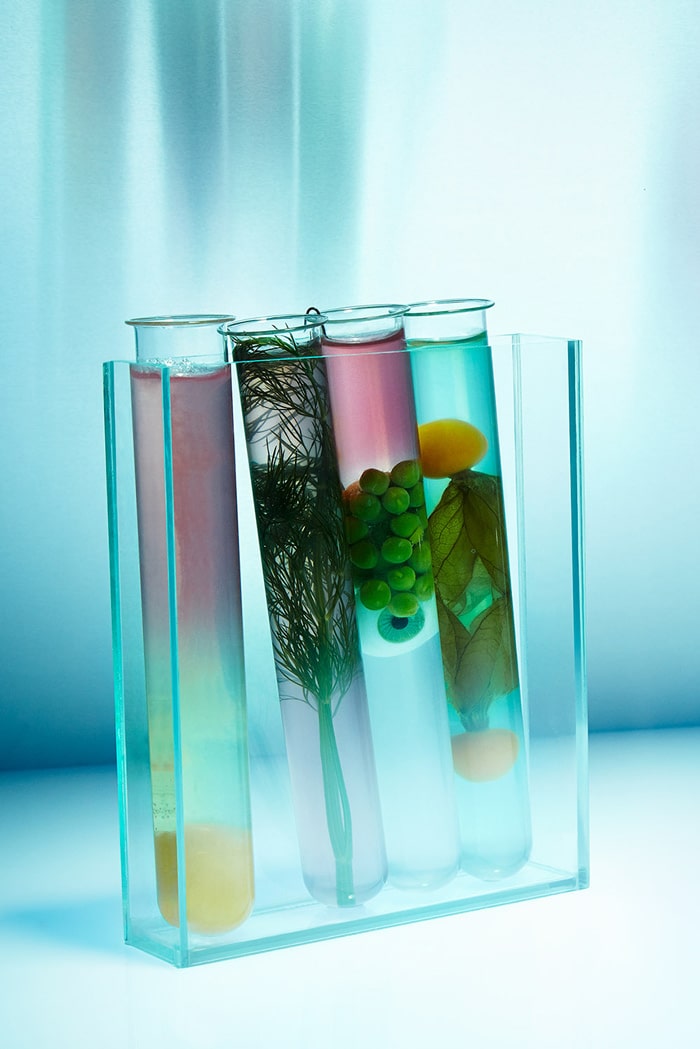
Opinion
GMO brought us the Impossible Burger but what does it actually mean?
By Eve Upton-Clark
Opinion
GMO brought us the Impossible Burger but what does it actually mean?
By Eve Upton-Clark
Updated May 18, 2020 at 05:09 PM
Reading time: 2 minutes
Food
Mar 2, 2020
Envision browsing your local supermarket shelves and adding to your basket vitamin-enhanced potatoes, allergen-free nuts and cancer-fighting bananas. Sounds pretty cool, right? Now, what if I told you that organic produce is a trend of the past and that the new wave of health and wellness food is genetically engineered?
Evolving from conventional breeding and crossbreeding, genetically modified organisms (GMOs), also known as genetically modified food or genetic engineering, means that we now have the ability to insert a specific desired gene from one organism into another, giving a whole new meaning to the term ‘superfoods’. But what does genetic engineering really mean, and how could it alter the future of our planet?
The potential for genetically engineered food is huge, especially as modern climate is becoming increasingly unpredictable. The Food and Agriculture Organization of the United Nations (FAO) estimates that 70 per cent more food will be required by 2050 in order to keep up with the demands of a growing population, but at the same time, climate change is putting increasing pressure on the agriculture industry, making much of the world’s arable land difficult to farm efficiently. This is where genetic technologies can step up to help reduce the negative impact the agriculture industry has on our planet, thereby making our food figuratively greener.
The CRISPR strategy has revolutionised genome engineering, allowing scientists to change any chosen letter in an organism’s DNA code—basically cutting-and-pasting it to enhance the genetic code of crops or livestock. While the possibilities for this technology are endless, the most realistic and useful benefit is the use of CRISPR to advance the efficiency of crops that are consequently able to produce more food per acre, while simultaneously packing in more nutrients and sequestering more carbon.
Another exciting technology created by the company Apeel keeps produce fresh through plant-derived coatings that create an optimal microclimate inside the treated produce. The benefits of this include extended shelf-life, transportability and reduced reliance on refrigeration and controlled atmosphere. By developing the ability to retain moisture and keep oxygen out, Apeel slows the rate the product spoils thus tackling the issue of food wastage and delighting millennials everywhere with avocados that maintain double the normal ripeness window, from two to four days.
The US-based company Calyxt also looks at the positives of genetically modified foods, but focuses on functional foods that are edited at a molecular level to remove unhealthy parts and boost existing nutritional benefits with no added chemicals or foreign substances. In 2019, Calyxt debuted its first gene-edited soybean oil, which has fewer saturated fats than your typical vegetable oil and zero trans fats, and in 2022, it hopes to launch a high fibre wheat flour with three times more dietary fibre than standard white flour.
The exponential possibilities of these innovative and exciting technologies are driving through a new way of looking at food production and consumption that confronts both environmental and health issues; two key conversations in modern society. Yet, despite the clear scientific backing, the idea of genetically modified food, or ‘Frankenfoods’ as they are sometimes referred to, still provokes considerable backlash.
New diet trends and the growing popularity of veganism, health food stores and wellness bloggers have created a general consensus that raw, natural and organic is best, with plenty of scaremongering around the concept of genetically modified foods. While this fear is neither unwarranted nor irrational, with the impending need to feed a growing population in a sustainable way, these two opposing approaches may need to find common ground for the sake of the planet. By reducing pesticide use and producing disease-resistant, healthier crops, organic agriculture and genetic engineering can surprisingly agree on shared goals that aim to benefit both people and the planet.
To date, not a single case of compromised health can be attributed to genetically modified foods and as recently as 2016, the National Academies of Sciences, Engineering and Medicine (NASEM) issued a report stating that they pose no health risk to humans, reaffirming reports from multiple leading scientific institutions.
In order to advance sustainable agriculture, the debates that dominate this field need to be based on facts over fears, and rather than sweeping generalisations over all aspects of genetic engineering, an open mind is needed to envisage the potential solutions to environmental issues and the future of the food industry. Are you ready to add ‘Frankenfoods’ onto your plate?




